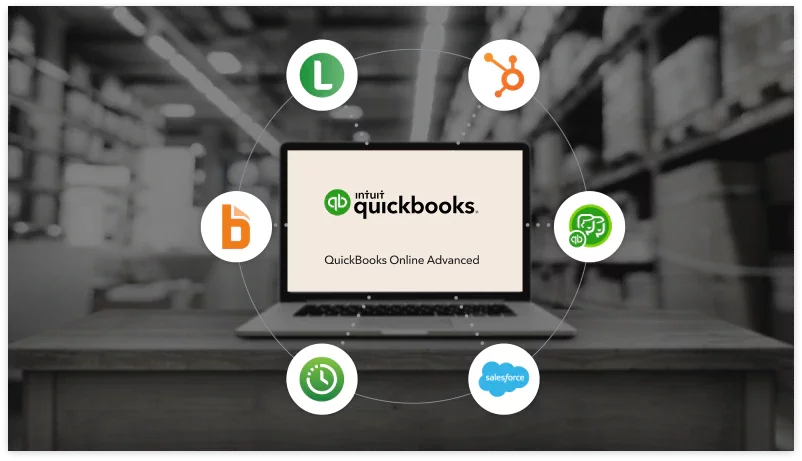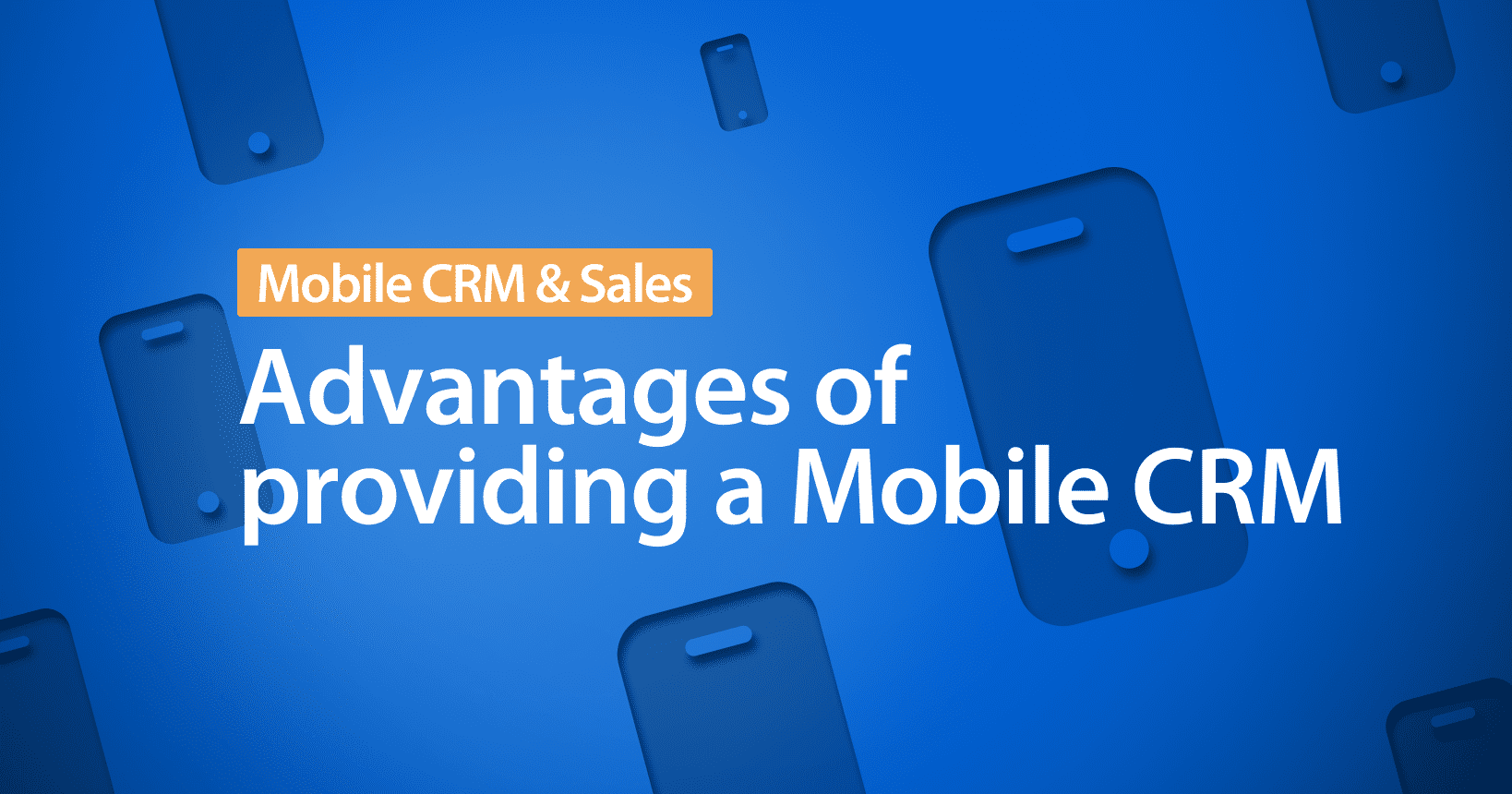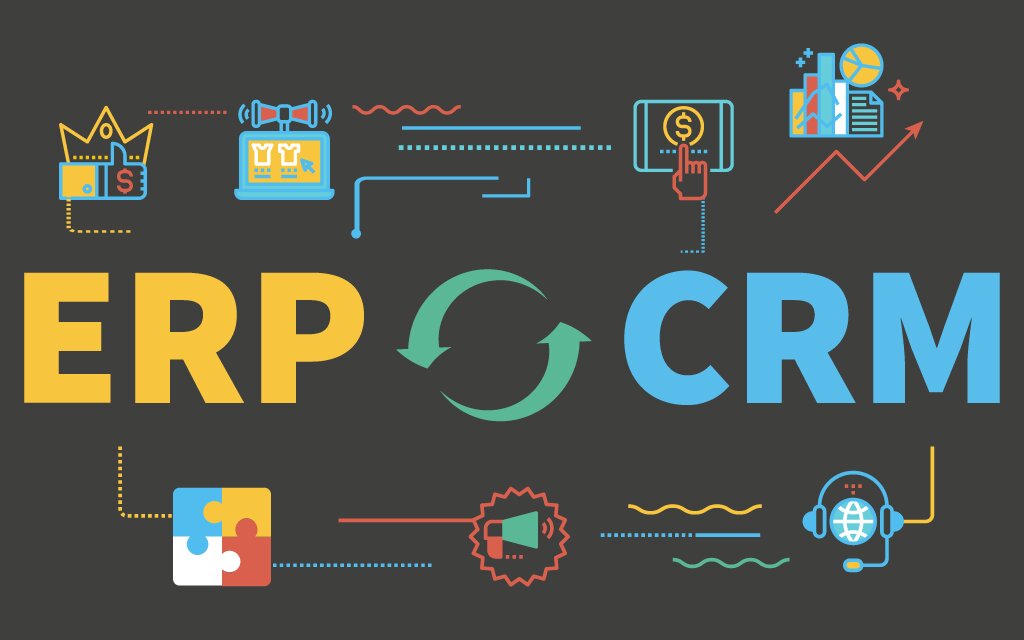In the ever-evolving landscape of e-commerce, selecting the ideal hosting for your Magento-powered online store is crucial. Known for its robust features and scalability, Magento requires a hosting environment that is equally formidable to guarantee smooth, secure, and uninterrupted operation of e-commerce platforms. This detailed guide is tailor-made for web developers, aiming to highlight the essential aspects that contribute to a superior Magento hosting experience.
Exploring Magento Hosting

Magento hosting is designed as a specialized web hosting solution, fine-tuned to support the optimum performance of Magento websites. It caters to the platform’s specific demands, including resource allocation, security measures, and performance capabilities. For web developers venturing into the intricate world of online commerce, the choice of Magento hosting can make or break the success of an e-commerce site, affecting its ability to meet and exceed customer expectations.
Defining Magento Hosting
Magento hosting stands out as a bespoke web hosting service, engineered to cater to the distinctive requirements of Magento-driven sites. It surpasses conventional hosting services by providing the infrastructure and customized services essential for managing the sophisticated needs of a dynamic e-commerce system. Key benefits include performance enhancements, secure settings tailored to Magento’s specific security demands, and compatibility with critical technologies such as different PHP versions and MySQL databases. For web developers, selecting a hosting service that is dedicated to Magento ensures their online stores have the necessary resources and support to operate efficiently, manage high traffic volumes, and deliver a flawless shopping experience.
Essential Characteristics of Magento Hosting
Hosting a Magento site calls for consideration of several pivotal elements. Here are the attributes that define the ideal Magento hosting environment:
- Scalability: The hosting should accommodate business growth, offering flexible options for upgrading bandwidth, storage, and computational power.
- Security: Given the handling of sensitive customer information, the importance of security cannot be overstated. A top-notch Magento hosting provider must incorporate comprehensive security features, including firewalls, DDoS protection, and routine backups.
- Performance: For e-commerce sites, speed and performance directly influence the customer experience and sales. Hosting services that ensure rapid page loading and minimal response times are crucial.
- Compatibility: Magento’s complexity necessitates specific server configurations for optimal functioning. The best hosting service offers full compatibility with all Magento versions and extensions.
- Support: Access to reliable 24/7 support from the hosting provider is critical. It guarantees swift resolution of issues, reducing downtime and potential revenue loss.
Magento Hosting Options Explained

Magento websites can choose from a variety of hosting solutions, each tailored to meet specific business needs in terms of size, traffic volume, and particular requirements. Grasping the benefits and limitations of each type is key to selecting the most suitable hosting that aligns with your business objectives. Below, find an overview of the prevalent Magento hosting types, complete with insights to guide their optimal application:
Shared Hosting
Shared hosting involves hosting multiple websites on a single server. This is the most economical choice, ideal for small businesses or startups on a tight budget. However, because resources like bandwidth and storage are shared across all websites hosted on the server, it may not suffice for larger e-commerce operations. High-traffic sites or those running resource-heavy applications may find shared hosting limiting, possibly encountering slower website performance or downtime.
VPS Hosting
VPS (Virtual Private Server) hosting serves as a compromise between shared and dedicated hosting. It employs a virtual machine to simulate a dedicated server within a collective hosting setup, offering increased resources and enhanced control over the hosting environment. Despite the shared physical server, each website benefits from a guaranteed allocation of resources. VPS hosting suits medium to large e-commerce sites needing more resources than what shared hosting provides but aren’t yet in need of a dedicated server. It strikes a fine balance between cost, control, and scalability.
Dedicated Hosting
Dedicated hosting represents the pinnacle of hosting solutions, allocating an entire server for exclusive use by your website. It delivers unparalleled resources, security, and customization flexibility. Large e-commerce sites with intensive resource demands, prioritizing high security levels and full control over their hosting environment, will find dedicated hosting ideal. Although it delivers top-tier performance capable of handling vast traffic volumes, dedicated hosting is pricier and demands more technical savvy for effective management.
Cloud Hosting
Cloud hosting stands at the cutting edge of hosting solutions, leveraging a network of servers to provide website hosting. This approach delivers unparalleled scalability and reliability, enabling resources to be dynamically adjusted to cope with varying demand levels. It’s particularly suited to growing e-commerce businesses facing fluctuating traffic, offering exceptional reliability by mirroring website data across several servers, thus ensuring a steady online presence. However, the complexity of setup and management, along with potentially unpredictable pricing due to its scalable nature, are aspects to consider.
When deciding on the best Magento hosting option, it’s crucial to assess your site’s current requirements, future growth expectations, and technical capabilities. This thoughtful evaluation will guide you towards a hosting solution that not only addresses your current needs but also aligns with your long-term business goals.
Choosing the Right Magento Hosting Provider

The abundance of hosting providers makes choosing one that fits all your business requirements a daunting task. Consider these essential factors to make an informed decision for a Magento hosting provider:
- Experience and Reputation: Seek providers with a solid history of hosting successful Magento sites. Consult reviews and solicit recommendations from fellow web developers.
- Server Location: Server location significantly affects website performance, particularly for international customers. Opt for a hosting provider with servers strategically located near your target audience.
- Uptime and Downtime: A provider’s uptime guarantee is critical, as downtime can lead to significant sales losses. Verify that the provider has effective backup systems to minimize any potential downtime.
- Scalability Options: As your business and website’s requirements expand, you’ll need scalable resource options, including bandwidth and storage.
- Security Measures: Given that e-commerce sites are often targets of cyber attacks, ensuring your hosting provider implements strong security protocols to safeguard your site and customer data is imperative.
Price vs. Performance Considerations in Magento Hosting
When evaluating Magento hosting options, one must navigate the delicate equilibrium between cost efficiency and performance capabilities. Opting for the least expensive hosting provider might appear financially prudent initially, yet it can detrimentally affect website speed, security, and the overall user experience. Conversely, investing in a premium hosting solution that surpasses the requirements of your website could result in unnecessary expenditure. It is imperative to meticulously assess your website’s specific needs and select a hosting provider that delivers optimal value, effectively balancing expense against performance.
Magento Hosting Price Structures
Various hosting providers present specialized Magento hosting plans, whereas others incorporate Magento compatibility within their standard shared or VPS hosting offerings. The pricing spectrum for Magento hosting services extends from $5 per month for basic shared hosting arrangements to several thousand dollars monthly for dedicated servers equipped with sophisticated features and support capabilities. A thorough evaluation of your website’s demands and financial parameters is crucial prior to selecting a suitable hosting provider and plan.
Performance Metrics for Magento Hosting
Performance stands as a pivotal aspect of Magento hosting. A website’s slow loading time can precipitate negative user experiences, diminished search engine rankings, and consequential sales losses. Selecting a hosting provider that guarantees high-performance servers, dependable uptime, and swift response times is paramount. Furthermore, enhancing website performance through caching and code optimization techniques is advisable.
Selecting the Appropriate Magento Hosting Provider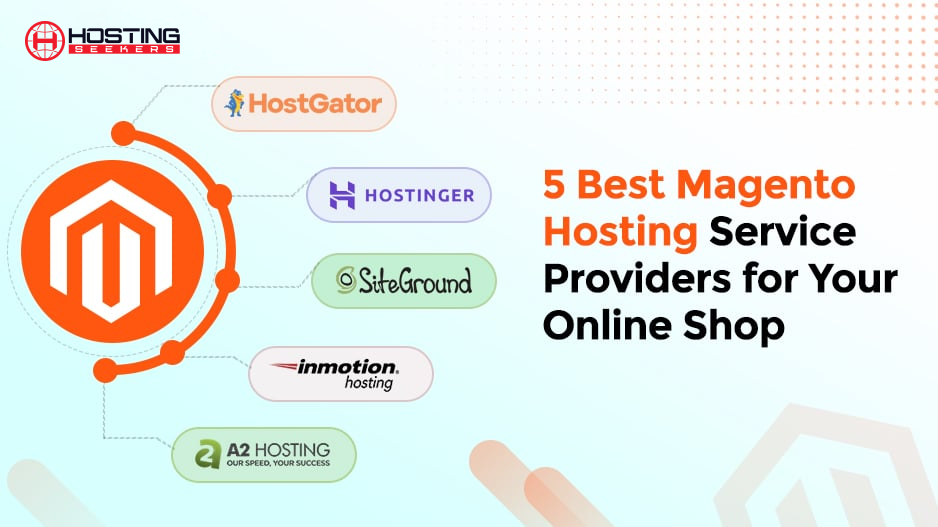
The selection of a suitable Magento hosting provider requires thorough consideration of various essential factors, including the size of your Magento store, projected traffic volumes, security requirements, and budgetary limitations. Whether you are managing a compact boutique site or an extensive online marketplace, the right hosting infrastructure is crucial to a successful e-commerce operation. Choosing a hosting provider that guarantees seamless and efficient operation of your Magento site enhances the user experience for your customers significantly. Thus, dedicating time to research and select a reliable hosting solution is fundamental to the growth and success of your online business.
Additional Tips for Optimizing Your Magento Website
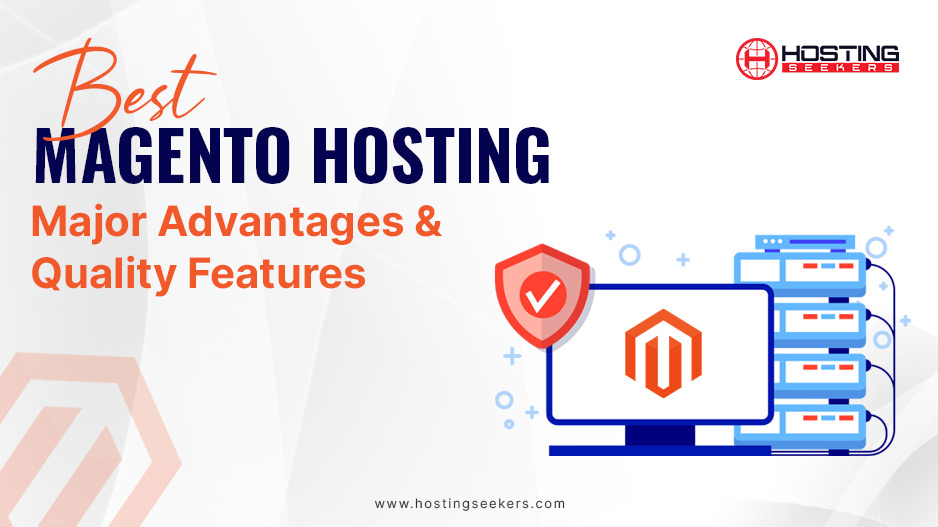
For optimal performance of your Magento website, it is vital to focus on optimization strategies. Below are some further tips to improve the performance and user experience of your Magento site:
- Content Delivery Network (CDN): The implementation of a CDN can significantly decrease your website’s load times for users globally by caching content in multiple, strategic locations.
- Optimize Images: Excessively large images can substantially slow down your website. It is advisable to optimize images for the web by compressing them and choosing the correct format without compromising quality.
- Enable Caching: Magento includes built-in caching features that should be enabled to enhance page load times. For further optimization, consider the integration of third-party extensions that can streamline content delivery.
- Database Optimization: It is recommended to regularly clean your database to eliminate unnecessary data that may decelerate your website. This encompasses outdated or redundant product information, customer data, and expired promotions.
- Update Regularly: Maintaining the currency of your Magento site and its extensions is crucial to access the latest features and security improvements. Updates frequently contain optimizations that can enhance performance.
- Use Lightweight Themes and Extensions: Selecting themes and extensions carefully is important, as they can affect your site’s speed and responsiveness. Opt for those that are efficiently coded and maintained, utilizing only what is essential for the operational efficiency of your e-commerce store.
- Implement Lazy Loading: Lazy loading postpones the loading of images and videos until they are actually needed as the user scrolls, which can significantly reduce initial page load times and conserve bandwidth.
- Ensure Mobile Optimization: Given the substantial volume of users shopping on mobile devices, it is imperative to ensure your Magento site is fully optimized for mobile. This includes responsive design, rapid loading times, and easy navigation on touchscreens.
By implementing these optimization strategies, you can improve your Magento website’s performance, offering an enhanced shopping experience to your customers and potentially increasing your site’s conversion rate and revenue. As your business evolves, continue to assess and adjust your website’s hosting and optimization strategies to accommodate the dynamic demands of e-commerce.
Scalability and Customization Options
Scalability and customization are pivotal in determining a platform’s capability to adapt to the changing needs of an e-commerce business. Magento’s architecture provides extensive scalability options, enabling the smooth handling of increased traffic and expanded product catalogues without compromising performance. This is especially critical during peak shopping periods when website traffic can spike dramatically.
Customization is a fundamental attribute of Magento, offering businesses the flexibility to tailor their e-commerce experience to align with their brand identity and meet specific operational requirements. With access to a comprehensive marketplace of themes and extensions, businesses can enhance functionality, aesthetics, and overall user experience. Moreover, Magento’s open-source nature permits deep customizations at the code level, enabling developers to create unique solutions that can secure a competitive edge.
For businesses planning for the future, evaluating a Magento implementation involves assessing the platform’s capacity to adapt to future growth and changes. It is essential to collaborate with a hosting provider that not only comprehends Magento’s unique needs but also provides scalable infrastructure and expert support to ensure the site remains robust, responsive, and secure as the business expands. This synergy between Magento’s customizable platform and the appropriate hosting environment establishes a solid foundation for sustained growth and success in the ever-evolving e-commerce landscape.
Conclusion
In conclusion, for web developers looking to leverage Magento’s powerful e-commerce capabilities, the importance of high-quality Magento hosting cannot be overstated. Scalability, performance, security, support, customization, and price all play pivotal roles in selecting a provider. By prioritizing these features, developers can ensure a seamless, efficient, and secure online shopping experience for their clients, positioning them for success in the competitive e-commerce landscape.
Did you find this ringtone useful?


